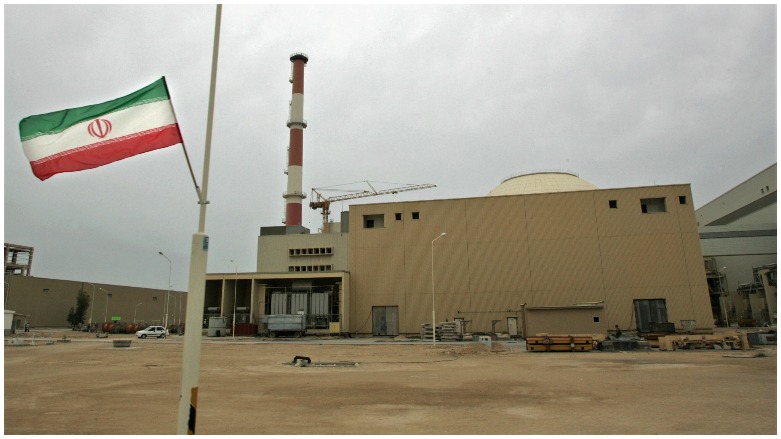US warns Iran on nuclear violation

WASHINGTON DC (Kurdistan 24) – State Department Spokesperson Ned Price warned Iran on Monday about its violation of the 2015 nuclear agreement, formally known as the Joint Comprehensive Plan of Action (JCPOA.)
According to the latest report of the International Atomic Energy Agency (IAEA), Iran is making progress in the production of enriched uranium metal, a key element in the manufacture of a nuclear weapon.
But “Iran has no credible need to produce uranium metal, which has direct relevance to nuclear weapons development,” Price said.
The IAEA submitted its report to member states on Monday, although the report has yet to be publicly released. Reuters, however, saw a copy. Citing the IAEA report, Reuters wrote, “On 14 August 2021, the Agency verified…that Iran had used 257 g of uranium enriched up to 20% U-235 in the form of UF4 (uranium tetrafluoride) to produce 200 g of uranium metal enriched up to 20% U-235.”
Price explained that the US had seen the IAEA report, which “remains restricted” until it is officially released, but as Price affirmed “under the JCPOA, Iran is not currently allowed to engage in uranium metal production or R&D [Research and Development] on uranium metallurgy.”
The IAEA first reported early last month that Iran had begun to produce enriched uranium metal. At that time the US had no comment on the Iranian violation of that provision of the JCPOA.
Read More: US reaffirms commitment to pursuit of JCPOA—despite Iran’s kidnapping plot and nuclear stalemate
Indirect talks between the US and Iran in Vienna on restoring the nuclear accord began in April. The last session was held on June 20 and no date has been set for their renewal. Meanwhile, IAEA inspections in Iran remain restricted. Countries such as Israel and Saudi Arabia are concerned that Iran is using the time to make progress in its nuclear weapons program.
The Biden administration is clearly concerned about this situation, but it has yet to issue any significant warning that unless the nuclear talks resume, there will be consequences for Tehran.
“We are not imposing a deadline for negotiations,” Price said on Monday, “but this window will not remain open indefinitely.”
“Iran should cease its nuclear escalations and return to negotiations toward full implementation of the JCPOA in good faith,” he concluded.
Iran did not immediately respond to the IAEA’s charge, nor to Price’s comments. For Tehran, the most immediate and pressing issues have been the fall of Kabul to the Taliban and a spike in COVID-19 infections.
While Iranians welcomed the defeat of the US in neighboring Afghanistan, they have had tense relations with the Sunni extremists. The last time the Taliban held power, before being ousted by the US following the 9/11 attacks, the Taliban sacked the Iranian consulate in the northern Afghan city of Mazar-e-Sharif, killing nine Iranians.
Also on Monday, Iran—which has close ties with China and is the Middle Eastern country that has been hardest hit by COVID-19—recorded its highest number of daily deaths yet: 655. In response, Iranian authorities announced the closure of all non-essential businesses until August 21, while they imposed a travel ban between Iranian cities, except for essential travel.
